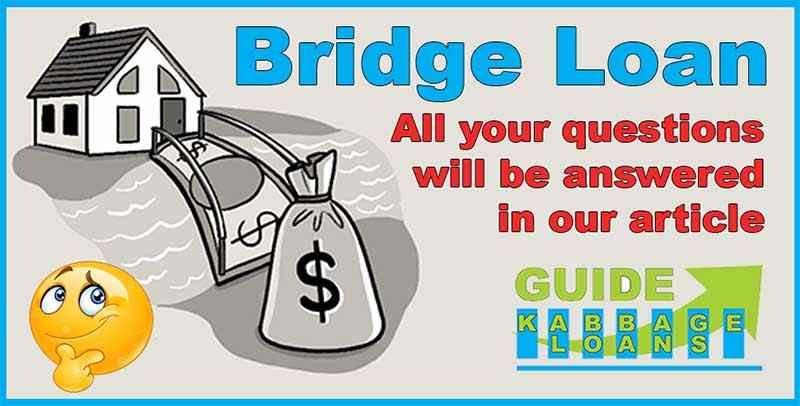Last updated on July 23rd, 2024 at 07:37 pm
Choosing the right loan is important for real estate investments. Understanding Dutch vs Non-Dutch Loans can help you make better financial decisions for your projects. This article will explain these loan types, showing you which one might be best for your investment goals. Whether you’re experienced or new to real estate, knowing the details about Dutch vs Non Dutch Loans will help you borrow wisely.
Introduction to Dutch and Non-Dutch Loans
Dutch loans and Non-Dutch loans aren’t loan types; rather, they refer to distinct interest structures crucial for real estate investments, especially during phased loan disbursements. Imagine you’re purchasing a house and receive half of the loan amount upfront and the remaining half after three months. This scenario perfectly illustrates the difference between Dutch and Non-Dutch interests.
In the Dutch interest model, you pay interest on the entire loan amount right from the start, regardless of whether the funds have been disbursed. This approach can provide lenders with more security as it ensures that allocated funds are not used elsewhere, but it means you are paying interest on money you haven’t yet received.
On the other hand, the Non-Dutch interest model, or “as disbursed” interest, is more favourable for investors because you only pay interest on the funds given to you by the lender. This can save significant interest costs and is often the preferred structure for many investors.
(( Reference: We gathered this information from the Private Lander Link YouTube channel. For more details, you can watch their video. ))
Differences between Dutch and Non-Dutch Loans
In real estate investments, particularly for rehab or construction projects, it’s essential to understand the differences between Dutch and Non-Dutch loans. These terms describe different interest structures that can significantly impact your financial strategy.
| Aspect | Dutch Loans | Non-Dutch Loans |
|---|---|---|
| Interest Calculation | Entire loan amount | Only on disbursed funds |
| Investor Cost | Higher due to interest on full amount | Lower, interest only on used funds |
| Lender Security | Higher, funds reserved for the project | Lower, risk if funds are unused |
| Fund Control | Often includes third-party oversight | Typically no third-party oversight |
| Usage | Common in regulated environments | Preferred in competitive markets |
(( Reference: Some points of this information were also obtained from the Servicing Pros website. For more details, you can visit their website. ))
What is a Dutch Loan?
A loan is taken for any work. Which is taken in pieces. You take some part of the loan you have taken first and some part after a few months. In this way, you take the full loan. And in a Dutch loan, you will have to pay the interest of the entire amount, which you have taken before, and also what you will get later. Interest has to be paid on the entire amount. In this type of loan, the chances of getting an interest subsidy are very low. it is called a Dutch loan.
What is a Non-Dutch Loan?
A Non-Dutch loan is a type of loan where interest is charged only on the funds that have been actually disbursed to the borrower, rather than on the total loan amount approved.
Here’s a simple example to illustrate this:
Imagine you’re working on a renovation project and need a $500,000 loan. In a Non-Dutch loan arrangement, if the lender gives you $200,000 at the start and you use it for your project, you only pay interest on that $200,000. As you need more money and the lender disburses the remaining $300,000 in stages, interest is then charged on those additional amounts as they are used.
This approach can be beneficial because you avoid paying interest on funds you haven’t yet received or used. It provides more flexibility and can help reduce overall interest costs, especially for projects where funds are needed in phases.
What is the Interest Rate of a Dutch Loan?
It is not beneficial for us to take a Dutch loan. But there are some situations in which taking a Dutch loan is beneficial for us. Because the interest rate of a Dutch loan is lower than the interest rate of a Don-Dutch loan.
Because it is taken on the entire amount and if you are taking a Dutch loan for a short period, then it will be beneficial for you because you will repay it quickly.
Now we cannot tell the fixed rate of interest of a Dutch loan. Because it depends on the amount of loan you are taking, for how many days and what is your credit score. The interest rate for your Dutch loan depends on all these factors.
What is the Interest Rate of a Non-Dutch Loan?
You can check with your lender what the interest rate for a non-Dutch loan would be. Because there are many factors due to which the interest rate can be low or high.
For example, if you take a low loan amount, then your interest rate will be high and if you take a high amount, then your non-Dutch loan interest rate will be low. But let us tell you that the interest rate of a Non-Dutch loan is higher than the interest rate of a Dutch loan.
Which Loan is Best – Dutch Loan vs Non लोन Dutch Loan?
Only you can tell which one will be best for you between a Dutch loan and a non-Dutch loan. Because it depends on what purpose you are taking the loan. If you want to take a loan for a short period, then you should take a Dutch loan because its interest rate is low.
But if you want to take a loan for a long time, then you will have to take a non-Dutch loan because the interest rate of a non-Dutch loan is slightly higher, but the lender will only charge interest on the amount that the lender has given to you. But in a Dutch loan, it is the opposite and you will have to pay interest for the amount of loan that you have sanctioned.
Conclusion
Understanding the differences between Dutch and Non-Dutch loans is essential for making informed financial decisions in real estate investments. Dutch loans, with interest charged on the full loan amount from the start, offer higher lender security but can be costly for borrowers. Non-Dutch loans, charging interest only on disbursed funds, provide more flexibility and cost savings for long-term projects.
Faq’s
How does a Dutch loan compare to a mortgage in the Netherlands?
Dutch loans and mortgage loans are both for different people in the Netherlands. About the Dutch loan, we told you that a Dutch loan is a loan in which interest is given on the same amount as the amount you have been approved from the first day. And there is a different type of loan the mortgage loan, in this, you have to pay the interest of the same amount as it comes into your account.
What type of loan is best for construction?
Dutch Loan is the Best Loan for Construction | Because the construction loan is taken for a very short period. And the interest rate of Dutch loan is slightly less. If you are sure that you will repay this loan quickly, then Dutch loan will be very good for you.
If you are taking it for a longer period of time, then a non-Dutch loan would be better for you.
Thanks for your visit.
(Dutch vs Non Dutch Loans: Key Insights for Smart Real Estate Financing)
Disclaimer: The information provided in this article is for educational purposes only and does not constitute financial advice. Always consult with a qualified financial advisor or lender to understand which loan option best fits your circumstances. The details and interest rates mentioned may vary based on specific financial institutions and personal credit profiles.





